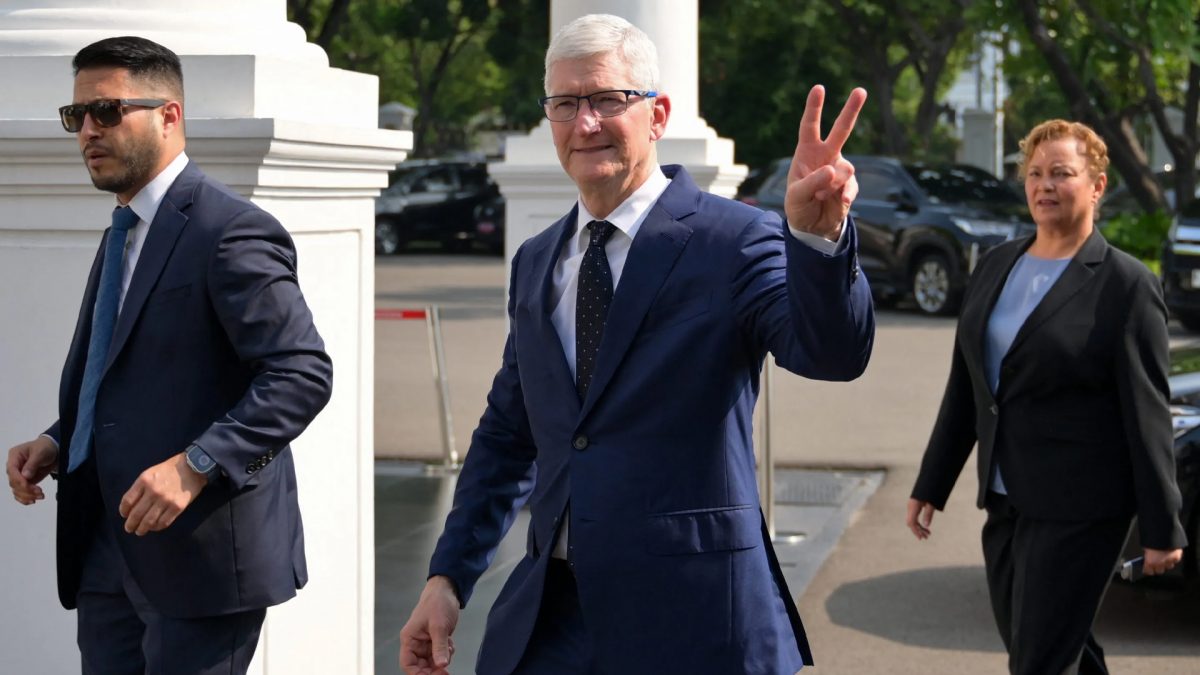Apple has reportedly agreed to invest $1 billion in Indonesia to lift the ban on iPhone 16 sales, according to the country’s investment minister, Rosan Roeslani.
The ban, in effect since late 2024, was imposed due to Apple’s failure to meet Indonesia’s Domestic Component Level (TKDN) requirements, which mandate 40 per cent local content in products sold domestically. While Apple has no manufacturing facilities in Indonesia, this commitment could pave the way for a resolution.
A Path to Reinstating Sales
Roeslani confirmed to lawmakers that Apple’s $1 billion commitment, expected to be formally announced next week, marks a significant step forward in resolving the issue. This comes after the tech giant’s earlier offers of $10 million and $100 million were rejected as insufficient. Apple’s previous investments in Indonesia have primarily focused on research and development, including the launch of its fourth Developer Academy in April 2024. However, these efforts fell short of the government’s stricter expectations for meaningful local investment.
The minister suggested that Apple should continue to invest in Indonesia if the company intends to integrate Indonesia into its global supply chain. He also highlighted the potential job creation benefits of establishing a local manufacturing plant.
Indonesia’s growing importance to Apple
Indonesia, Southeast Asia’s largest economy, is becoming an increasingly important market for Apple. In 2023, the company sold approximately 2.9 million iPhones in the country, despite not having any manufacturing presence there. While Apple has expanded production to other regional hubs like India and Vietnam, it has yet to make similar moves in Indonesia. Earlier this year, CEO Tim Cook indicated that manufacturing in the country was under consideration, but no concrete steps had been taken until now.
The ban on the iPhone 16, alongside the Watch 10, highlighted the challenges Apple faces in meeting Indonesia’s stringent localisation policies. Unlike newer models, older iPhones continue to be sold locally, as their compliance with the TKDN requirement is fulfilled through software development and the operation of Apple’s Developer Academies.
Implications for Apple
If Apple’s alleged $1 billion investment is confirmed, it could set a new precedent for how the company navigates localisation demands in emerging markets. Indonesia’s policy has already prompted similar moves from other global tech firms, including significant investments from companies like Samsung and Xiaomi, who have established local manufacturing facilities.
While Apple has not yet commented on the announcement, this potential investment signals its intent to maintain a foothold in Indonesia’s lucrative market. With this commitment, Apple may not only resolve the current ban but also position itself more strategically in a country that is pushing hard for international firms to strengthen local industry ties.
)